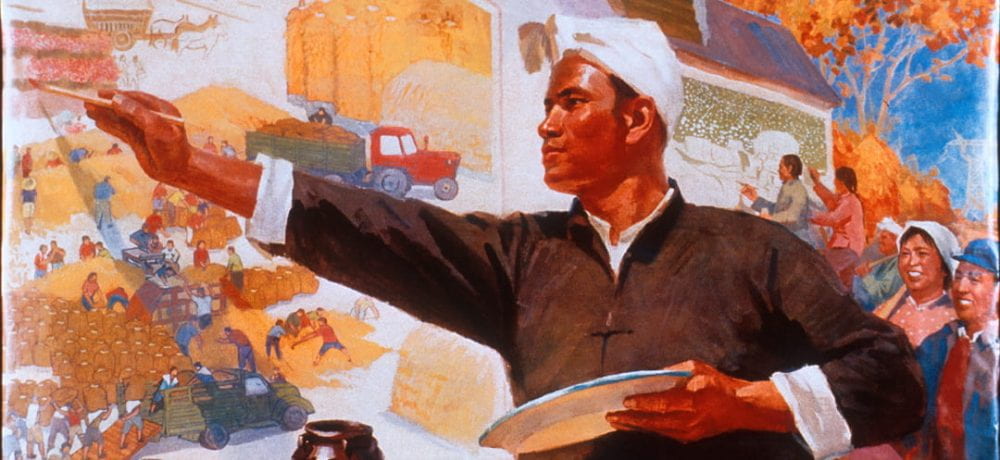Ai Weiwei , born august 28 1957, is a Chinese contemporary artist as well as curator and architect. He was the son of a famous poet who was forced to a labor camp during Mao’s rule and the family was subsequently exiled by the Chinese government, forcing him to grow up in a harsh circumstance in northeast china. Upon the death of Mao his family was able to return to Beijing in 1976 where two years later in 1878 Ai Weiwei enrolled in the Beijing Film academy, where he helped found an avaunt garde art group called stars where he first started producing art with the group and subsequently began getting in trouble with the Chinese government for his art. In 1989 Ai left China to study abroad in America. There he traveled around while studying English at several university. He ended up in New York to attend the Arts student League of New York. After eventual dropping out of art school he ended up just roaming around New York for quite some time developing his artistic style.
Ai Weiwei eventually returned to China in response to fathers ill state. Upon his return, Ai started curating art to make a living and then eventually transitioned into getting a studio and producing his own work. After some time passing and Ai starting his own architectural design firm he started blogging about the Chinese government, often christening the government and their often mishandling of many situations. After this Ai began to be heavily prosecuted by the chines government and was constantly monitored by government cameras and even beaten by police at one point resulting in him eventually leaving China to produce his art elsewhere.

Surveillance Camera and Plinth by Ai Weiwei, is one of his many pieces of work that is drawing attention to the fact that the Chinese government had him under surveillance. This piece uses the median of marble often reserved for statues and busts to display the best things about a culture like the leader or famous philosophers, however, Ai Weiwei uses it to draw attention to how the Chinese government spies on their citizens.
http://www.sothebys.com/en/auctions/ecatalogue/2016/contemporary-art-day-auction-l17025/lot.198.html
(1) Ai Weiwei : spatial matters : art architecture and activism. Ai, Weiwei,, Pins, Anthony,. Cambridge, Massachusetts.
(2) Erickson, Britta (22 September 2005), “Ai Weiwei”, Oxford Art Online, Oxford University Press, retrieved 6 April 2020

